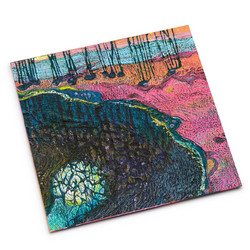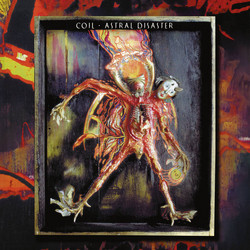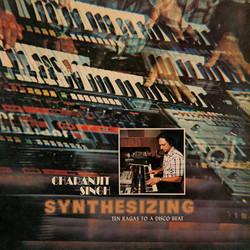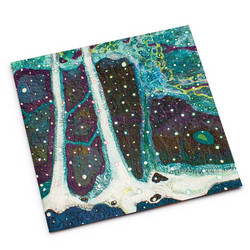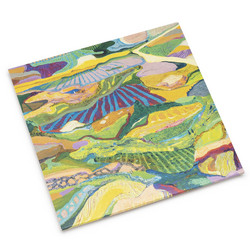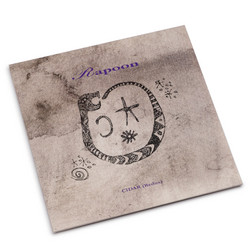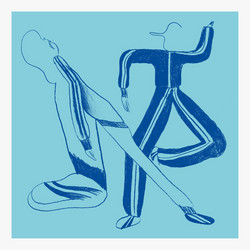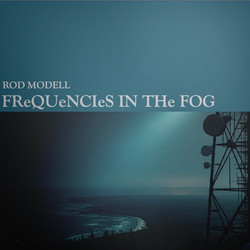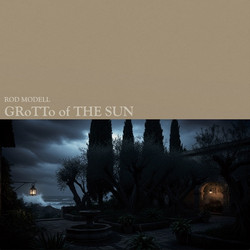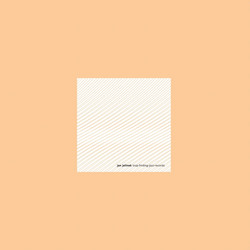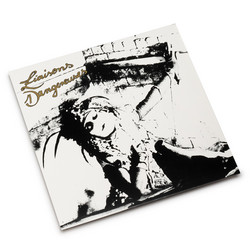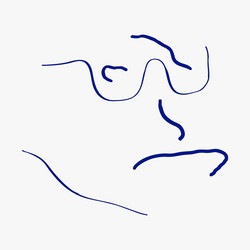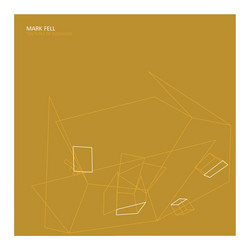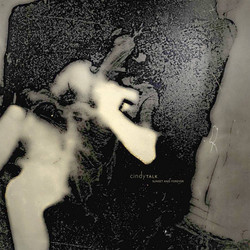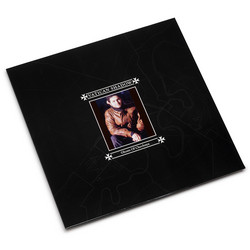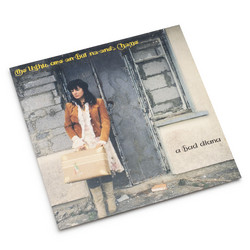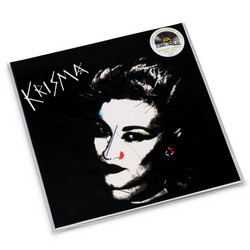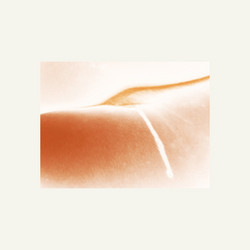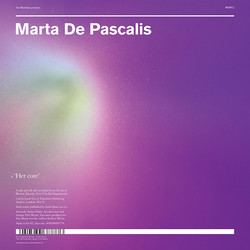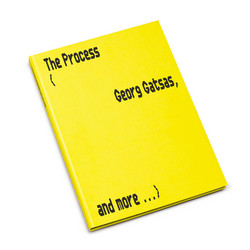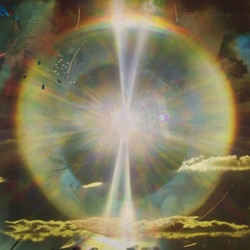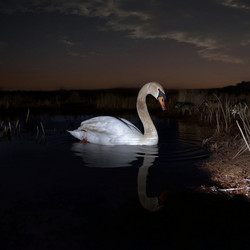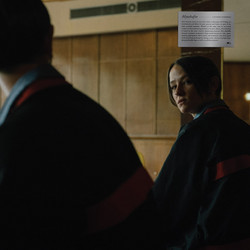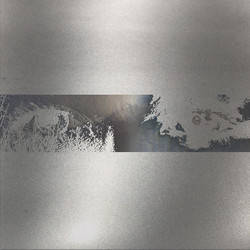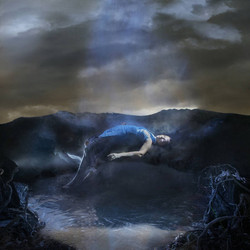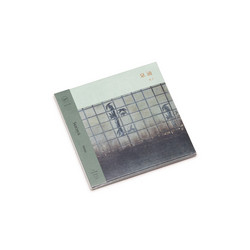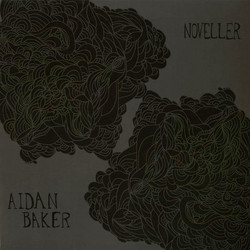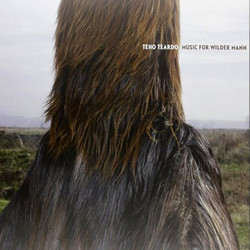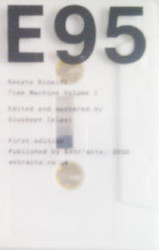If there's one specific component that grounds Sky Flesh, it's focus. Italian musician and sound designer Marta De Pascalis flexed her technical muscle on 2020's Sonus Ruinae, layering various sounds and processes in an attempt to touch the sublime. In contrast, Sky Flesh is a single thought, composed using just one instrument: the Yamaha CS-60. A slimmed-down sibling to the gargantuan CS-80 -- the analog synthesizer used by Vangelis to create his iconic Blade Runner score -- the CS-60 was released in 1977, a few years before the MIDI protocol was introduced to help standardize production methods. MIDI would change the electronic music landscape completely, offering a level of control that De Pascalis consciously relinquishes, preferring to highlight expressiveness and timbre, elements more readily associated with acoustic instruments. The album arrives as much of the wider experimental scene busies itself with algorithmic composition and AI-assisted modeling; De Pascalis chooses to work instead like an organologist, harnessing the CS-60's mercurial magic to suggest deeper truths about our evolving relationship with machines. Using timbres that recall a time when electronic music still waved towards the future, De Pascalis' melodic content is rooted in early and Renaissance music, almost cleaving it from history entirely. Fittingly, Sky Flesh is released on acclaimed Italian composer Caterina Barbieri's burgeoning Light-Years label, the ideal platform for her labyrinthine, cosmic vignettes.
